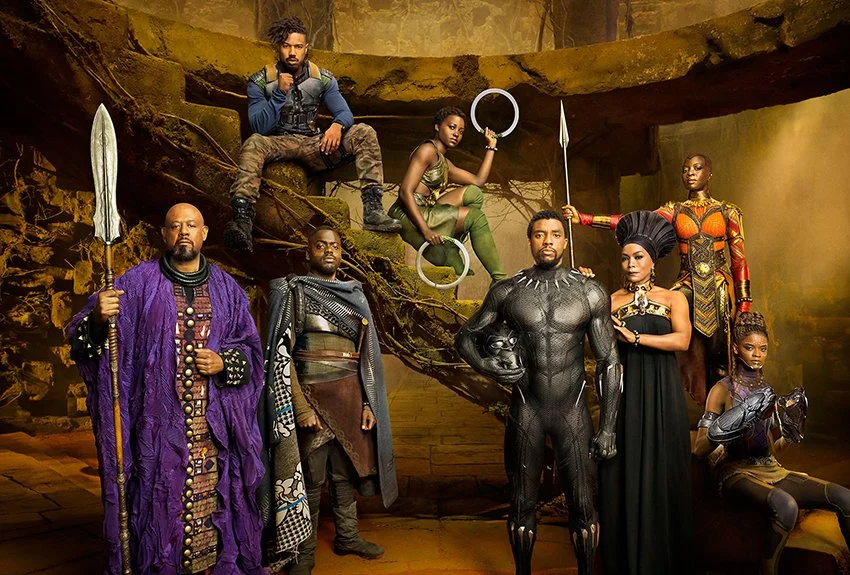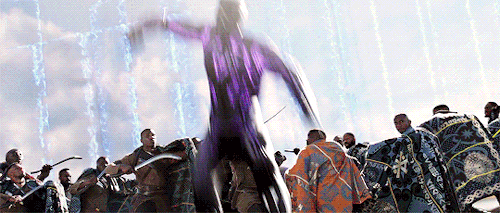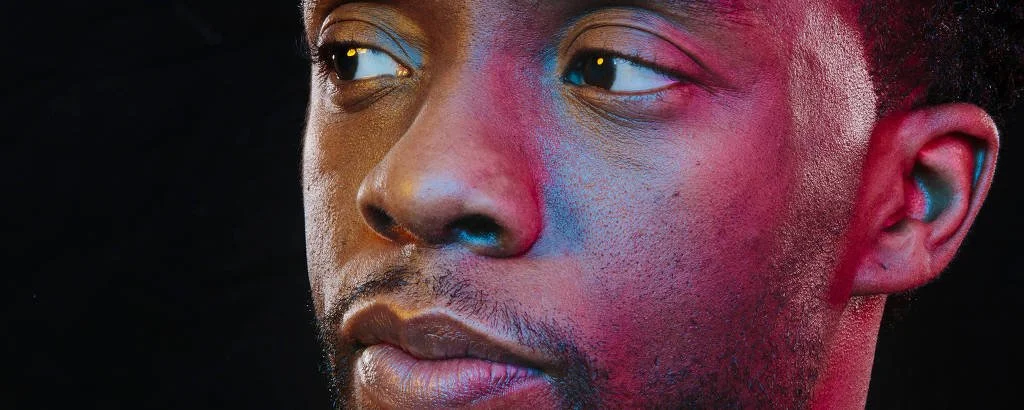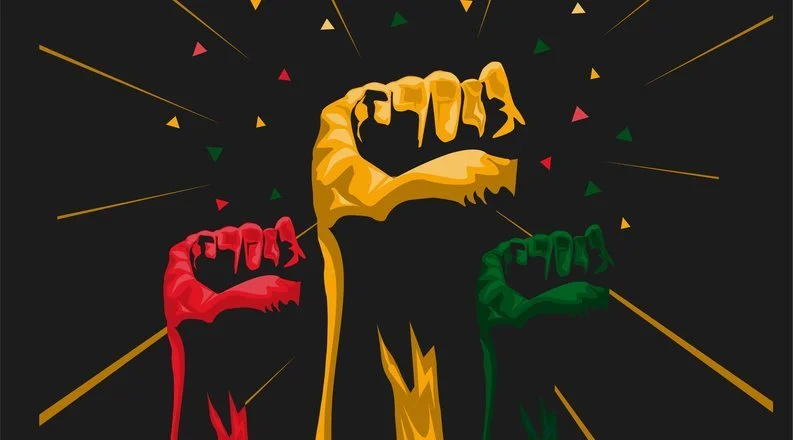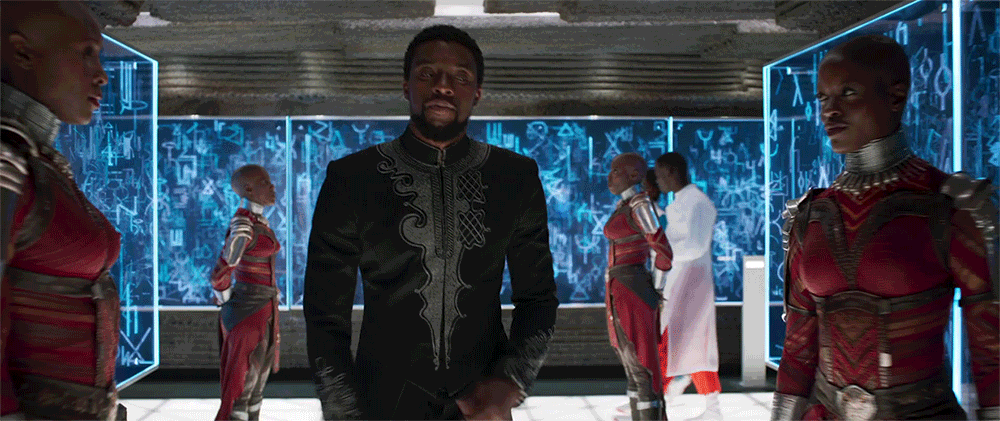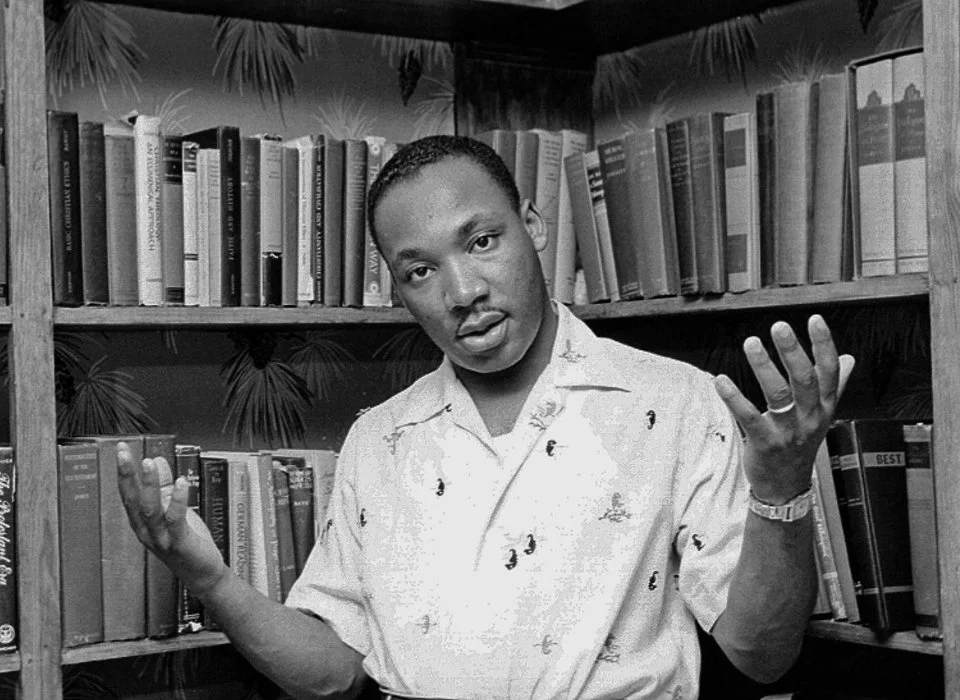Black Panther: A Celebration of Black Culture
www.bostonreview.net
When I first watched Black Panther at the cinema, my brother and I squealed out loud much to the amusement/annoyance of those sitting nearby! The small child inside of me who had never seen how magnificent a Black superhero could be in a major film, had indescribable goosebumps.
For someone who was crying out for representation, Black Panther answered my call. So when I woke up to the news of actor Chadwick Boseman’s death in 2020, who played the Marvel superhero Black Panther, I felt a genuine pain.
I have never found myself too consumed with celebrity life to invest lingering emotions on a particular individual. Of course when someone so iconic dies we can sympathise and wax lyrical about how they influenced the world, but then I could always park it and somewhat move on with my day. But after I had devoured as much social media and news on the tragic and sudden passing of Boseman, instead of parking it, there was a dull ache which surpassed my ‘normal’ mourning period.
As a Black female who grew up obsessing and geeking out over the fantastical world of superheroes from the 80s and 90s, it was abundantly clear that Black Panther was WAY more than just a film. It felt like Black Panther was a love letter to Black culture and all those who occupy, survive and thrive within the Black community.
Marvel’s Black Panther was a box office hit as well as a cultural phenomenon. For those sceptics who were declaring, “Black movies will never pull in a big audience”, the entire movie stuck a giant middle finger up to them! Not only was there a Black director calling the shots, but also Black actors owning all the leads. The story is more than the journey of the protagonist T’Challa but it also sparks conversations about African society, politics, the beauty of Black women and portrays a re-imagining of what an Afrocentric world could look like if it wasn’t brutalised by greed and colonialism. A ‘what if’ world if only it was left to flourish on its own terms. A world that was truly liberated.
For years, Africa has been seen as unsophisticated and chaotic where the only time you really think deeply about it is for charity fundraisers showing dying, malnourished babies. So when you’re introduced to the fictional country of Wakanda as a bustling, thriving metropolis with skyscrapers and spaceships, it’s a hugely refreshing vision.
The impact of the Wakandan vista is not the only thing that shines a positive light on the Black aesthetic. The film celebrates Afrofuturism and the natural hair movement that has often been excluded from popular culture. The styling of costumes and hair embraced traditional African designs as well as a shout out to natural Black hair. There were no caucasian persuasion hairstyles or effort towards “taming” Black women’s ‘wild exotic’ hair. Instead, the movie sent a resolute message of empowerment to every young Black girl, that they can rock all their soft kinks and coils and STILL be a beautiful, warrior, genius who kicks ass!
In the last few years there has been a renaissance in Black narratives. For example, Jordan Peele’s Get Out and Black Stormtrooper Finn in Star Wars: The Force Awakens. For so long Black stories have somehow been entwined with the white experience, as if our own tales hold no substance by themself. There has also been a painful predictability of heartbreak and horrifying racial injustice from the likes of 12 Years a Slave and The Help. Even though these are still great films, they only offer a myopic insight into one slice of Black history and culture. Black Panther removes the exhausting, eye-rolling dialogue of the poor Black person who is the victim, the villain or the wise cracking best friend to the white lead. Black Panther presents its ‘Superman’ within a standalone story of brilliance and heroism that has been long overdue in the cinema.
In a current climate where Black bodies are still under attack from law enforcement and toxic ideology from as high up as The White House, Black Panther offers a gentle elixir to conversations around oppression and systemic racism. The film is an invaluable piece of cinematic genius that gives marginalised people of colour a comforting space to show love to Black culture. It is a movie where it celebrates freedom, diversity and cultural vibrancy.
Black Panther was a glitch in the matrix! It courageously took on an industry which suppressed Black voices, and tried to convince us that we should be grateful for the false representation of the token ‘sassy woman’ or ‘illiterate gang member #2.’ Instead, Black Panther exposed a beautiful recital of how people who look like me can galvanise their own voice and destiny. Something that had never been successfully achieved in the storytelling of Black people to the sound of universal approval and applause.
This is why Black Panther was always more than just a movie. This is why Chadwick Boseman’s death had me shook. And this is why I will always squeal with delight every time I watch the film.
Wakanda Forever!
